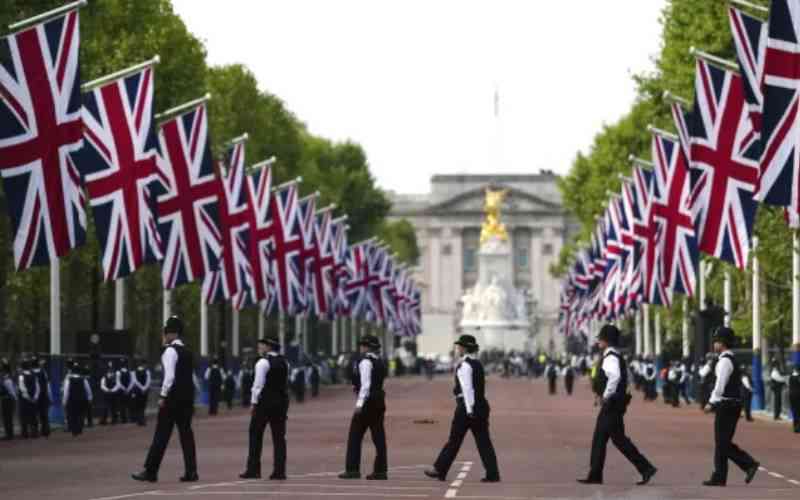×
The Standard e-Paper
Fearless, Trusted News

The funeral of the only monarch most Britons have known involves the biggest security operation London has ever seen.
Mayor Sadiq Khan says Monday's state funeral for Queen Elizabeth II is an "unprecedented" security challenge, with hundreds of thousands of people packing central London and a funeral guest list of 500 emperors, kings, queens, presidents, prime ministers and other leaders from around the world.